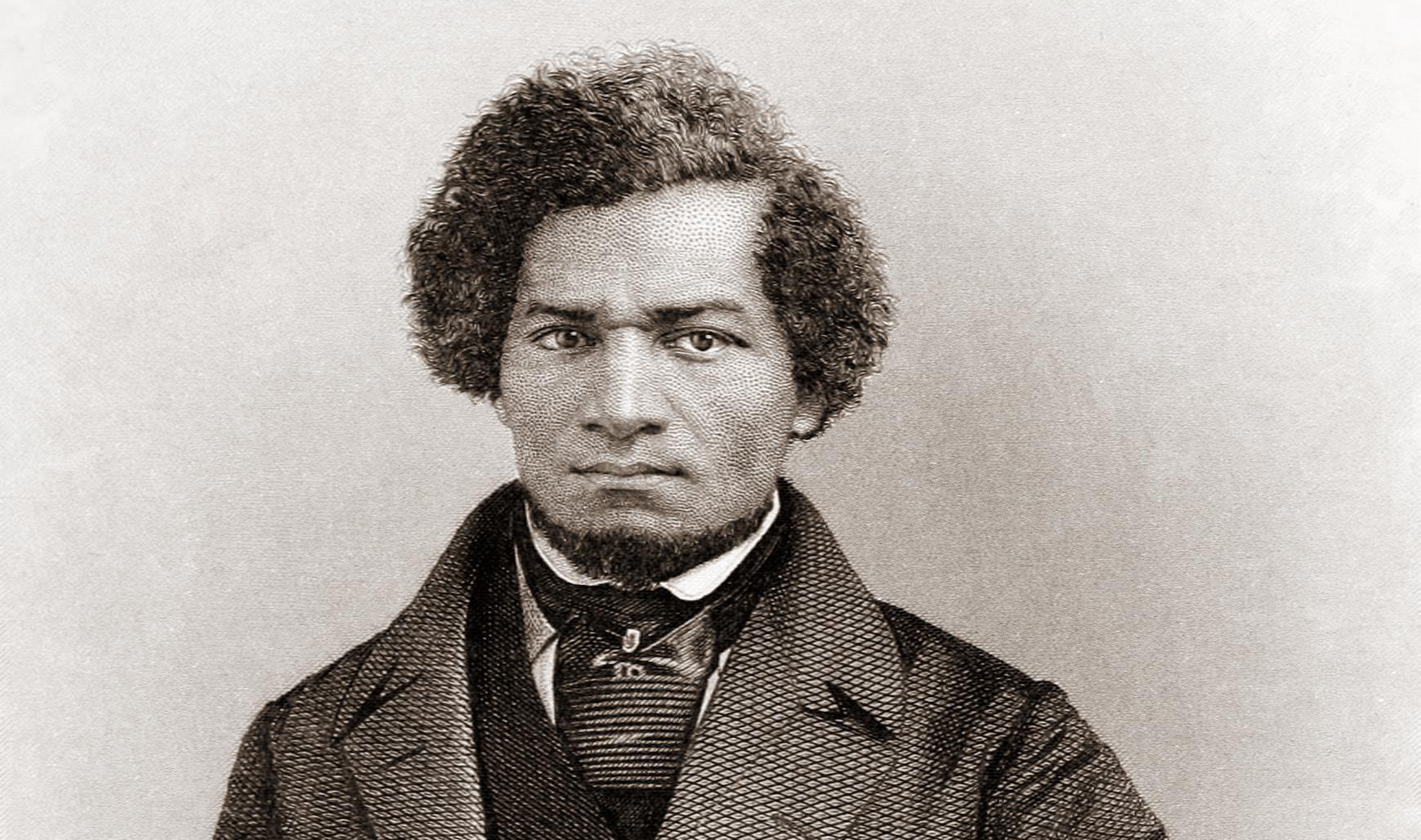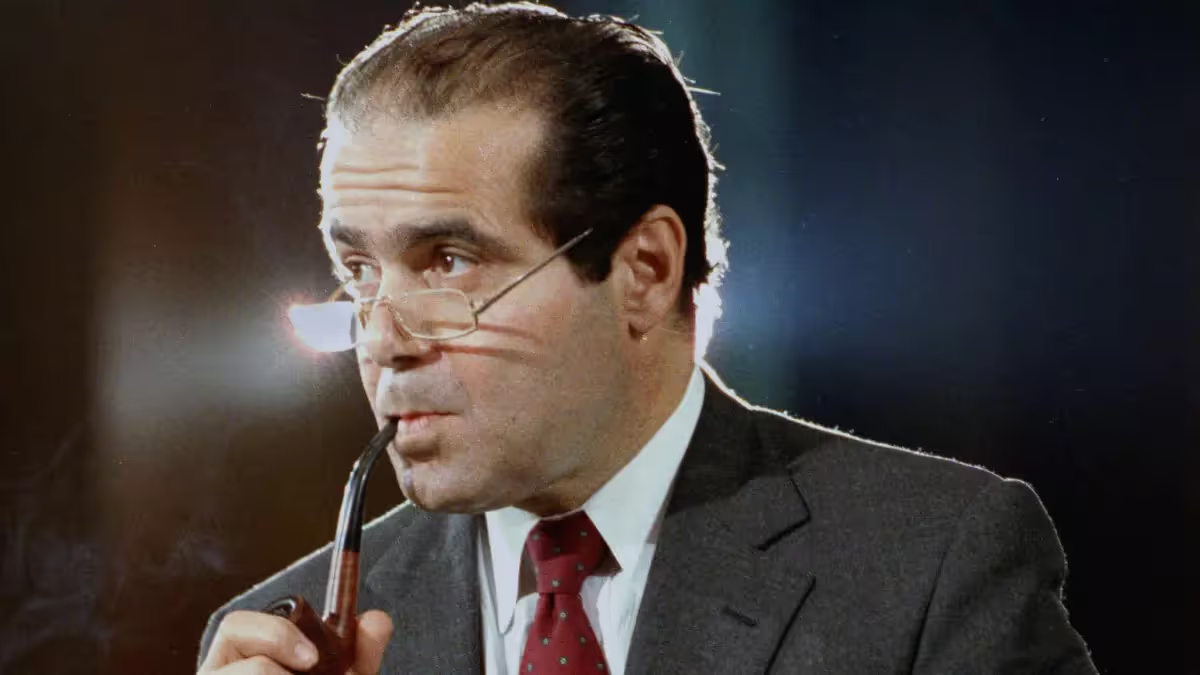
Returning to First Principles on Free Speech
The murder of Charlie Kirk requires everyone to relearn their importance.
Not since the death by assassination of President John F. Kennedy on November 22, 1963, has any single killing triggered as much public outrage as the senseless killing of Charlie Kirk, a right-wing influencer, at Utah Valley University, by Tyler Robinson, aged 22. But there the similarity ends. As one who was in college at the time of the Kennedy assassination, I can say that no one disputed the evil of the action. Instead, whatever debate there was centered on whether Lee Harvey Oswald acted alone, where fears of conspiracy were stoked by Oswald’s murder at the hands of Jack Ruby several days later.
In striking contrast, the current controversy has spawned an ugly debate over whether Kirk, in some sense, asked for what he got by his provocative outlook on key social issues like abortion and transgender rights. Heather Mac Donald caught the mood when she observed that, to the American Left, the proposition that hate speech equals violence becomes a necessary truism when a student regards it as a threat to the norms of the “inclusive, respectful environment” that campuses are duty-bound to protect—at the very least by canceling such speech. Thus, if Kirk’s speech counts as a form of harm, or worse, violence, then it becomes at least understandable if some outlier responds to verbal violence with physical force. That evil deed obtains a patina of respectability by focusing the attention of the world on the activities of the victim rather than on those of the killer.
President Donald Trump waxed both hot and cold, praising Charlie as a man of great faith who left his beloved family, only to castigate the “radical left” for comparing Charlie to Nazis and holding that “kind of rhetoric “directly responsible” for the rise of terrorism. He then vowed “to find each and every one of those who contributed to this atrocity and to other political violence, including the organizations that fund it and support it.” Others on the right raised the ante with calls for vengeance or even “civil war” because, as Elon Musk writes on X, “The Left is the party of murder” so that “If they won’t leave us in peace, then our choice is to fight or die.” Overreactions? It remains to be seen.
Today’s horrible public discourse increases the risks of further mayhem. So clearly, the mutual escalation must stop. That requires looking again at the oft-elusive principles of free speech that everyone invokes but few understand. The proper inquiry is two-pronged: first, as a matter of general, consequentialist, political theory, which, second, is then translated into constitutional principles. First, it is important to note the neglected parallelism of freedom of action and freedom of speech, both of which presumptively deserve public respect and constitutional protection. Why that parallelism? Most people act in their own self-interest. And, in general, we are confident that they will pick actions that they expect will at the very least benefit themselves. Thus, initially, human freedom counts, as far as it goes, as a singular plus for one person, whether it is action or speech, even if there is no easy way to distinguish expressive activities from ordinary actions. Those gains are magnified because the actions and speech of any one person are directed towards other persons who also benefit from that behavior, which is why freedom of association for business or personal activities, in ever-widening circles, is also prized. It works both for people who agree on the merits and those who do not, but agree, as Charlie Kirk did, that it was critical to debate civilly with those with whom they disagreed. To set the initial presumption against both freedom of speech and action is to put creative and social activities on intellectual life support.
Why, then, not make the presumption in favor of speech or action absolute? The answer always comes by an appeal to the harm principle. The observation that actions and speech between A and B cause harm to third parties prompted the single most famous passage from John Stuart Mill’s 1859 tract On Liberty, which reads:
The object of this Essay is to assert one very simple principle, as entitled to govern absolutely the dealings of society with the individual in the way of compulsion and control, whether the means used be physical force in the form of legal penalties, or the moral coercion of public opinion. The sole end for which mankind are warranted, individually or collectively, in interfering with the liberty of action of any of their number, is self-protection. That the only purpose for which power can be rightfully exercised over any member of a civilised community, against his will, is to prevent harm to others. His own good, either physical or moral, is not a sufficient warrant.
The great strength of this passage is that it warns against the risks of paternalism. But its major weaknesses have, oddly enough, contributed to the expansion of state power, by growing out the definition of harm to unsustainable lengths. At both Roman and common law, there existed the somewhat paradoxical principle of damnum absque iniuria, which in English means harm without legal injury. That concept is sometimes captured in the legal phrase “noncognizable harm.” Far from being double talk, the phrase serves a necessary corrective to Mill’s admitted absolutism. One conceptual blunder of Mill is that he does not systematically consider how the harm to the third party occurs. Thus, it is one thing to harm a competitor by offering superior goods at a lower price, and quite another to shoot at prospective customers to drive them away from a competitor’s establishment. The first harm benefits third parties and maximizes output. The second diminishes the choices of third parties and reduces social output. It is beside the point that the losses to the disappointed competitor may be greater than the losses to the besieged competitor. In the first case, private harm is positively correlated to social welfare; in the second case, the two are negatively correlated. Yet, Mill does not build that distinction in at the ground floor. To keep matters right, harm (cases of monopoly to one side) is associated only with the use or threat of force and fraud.
The same principle applies with the same force to those who objected to Charlie Kirk’s appearance on the Utah Valley Campus because they find his views deeply offensive, as opposed to those cases in which they are victimized by someone else’s false statements to third parties that, when believed, can lead to a broken marriage, an election loss, or the bankruptcy of an established business. The aggrieved parties may share the same sentiments, but their legal positions are quite distinct.
As for taking offense, the proper response is to presume that those harms are not relevant in deciding whether to allow criminal punishment or civil liability for those acts. The significant risk here is that it is easy to manufacture harm by deciding unilaterally to take greater and greater offense at the remarks to parlay hurt feelings into a claim that restricts the speech or activities of others. This is a game that everyone on all sides of the political spectrum can play, such that, unless some content-based restriction is imposed on what offense counts, the potential for litigation is unlimited. Two contestants could always go to court against each other for financial redress. Denying the possibility of any relief thus has desirable effects, tempering anger, since, without legal recourse, the angry person only hurts himself. Hence, the game of weaponized offense only works for Utah Valley University if the apostles of diversity, equity, and inclusion can claim that right only for themselves, given their superior moral position—which is why viewpoint discrimination receives such a powerful condemnation wherever it is practiced. Allowing counterspeech poses none of these litigation risks, but here it is an informed public opinion that, one hopes, can lead to an improvement in civility. As the Kirk incident shows, that is a hard slog today.
The moral argument has a direct transfer into First Amendment law. Today, the law refuses to allow sanctions to be imposed in these cases, of which the most dramatic situation was Texas v. Johnson (1989), in which Johnson unfurled the American flag, doused it with kerosene, and set it aflame. While the flag burned, the protestors chanted: “America, the red, white, and blue, we spit on you.” Speaking for an eight-member majority, Justice Brennan refused to credit the fully justifiable offense of the crowd, so that as long as the defendant burned only his own flag, proper recourse was to the court of public opinion rather than to a court of law.
Defamation is a different kettle of fish. Such lawsuits cannot be self-generated, for there must be, as a libertarian theory requires, a false statement that a given defendant makes about the plaintiff to some third party or parties. Because of this fraud requirement, the frequency of litigation declines, and the rule is consistent with the general libertarian framework because true statements about another person do not create a prima facie case, and thus never get to court. It is, therefore, deeply troublesome that the Supreme Court, starting with its decision in New York Times v. Sullivan (1964), has weakened the protection of reputation for worthy people by imposing the actual malice requirement, thus allowing devastating losses to go unredressed, which in turn could reduce their willingness to participate in politics when their services are most needed.
That said, make no mistake today about the relative importance of these two principles. Defamation cases are fraught with peril, so they are rarely brought to court today. But the danger of allowing either left-wing or right-wing politics to shut down rival voices is a genuine threat that a galvanized public opinion must put into check, so that intolerance will not again ripen into the perverted violence that took Charlie Kirk’s life.
Richard A. Epstein is a senior research fellow at the Civitas Institute. He is also the inaugural Laurence A. Tisch Professor of Law at NYU School of Law, where he serves as a Director of the Classical Liberal Institute, which he helped found in 2013. Epstein is also the James Parker Hall Distinguished Service Professor of Law Emeritus and a senior lecturer at the University of Chicago.

American Immortals
Unlike other abolitionists, though, Douglass never lost his faith in the American Founding. Indeed, he believed that the fundamental premises of our republic were the very principles that could save her from this moral crisis.

When Duvall Played Stalin
It’s strange to compliment an actor for impersonating a tyrant, but it is an act of courage.

When Vanity Leads to Impropriety
A president should simply not be allowed to name anything after himself without checks from Congress or an independent commission.
Get the Civitas Outlook daily digest, plus new research and events.


.png)





.jpeg)
